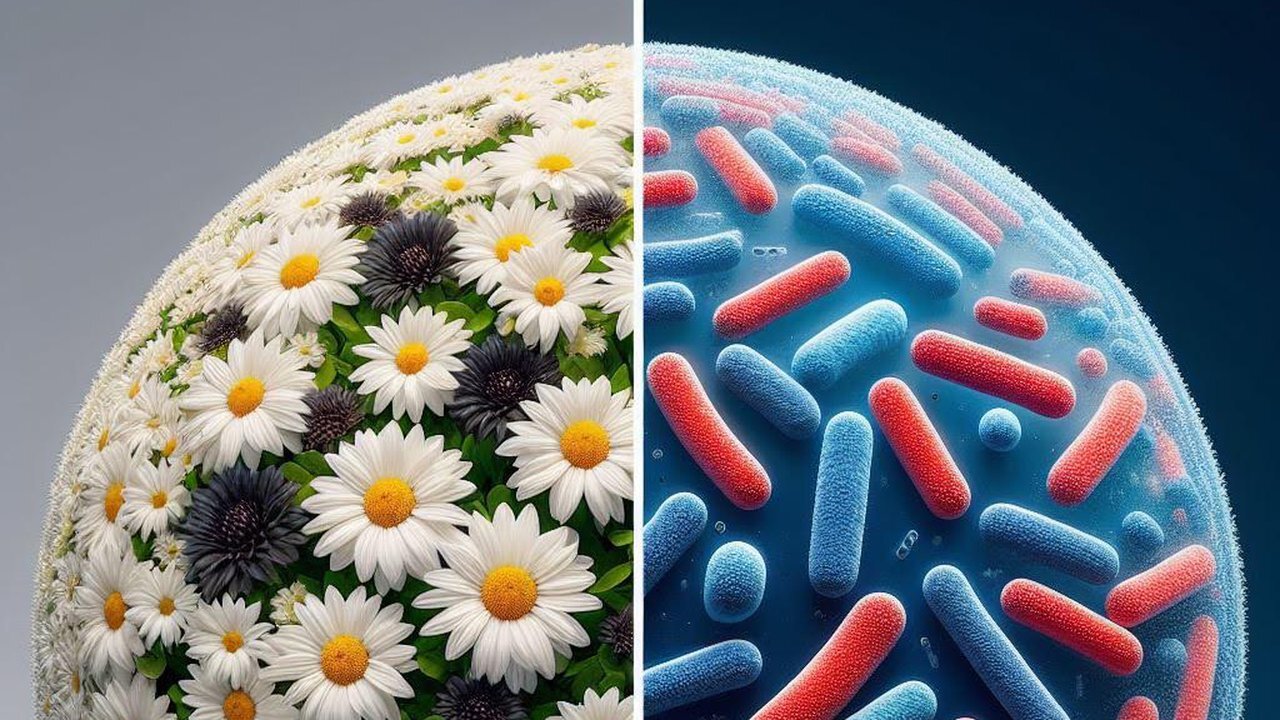Scientists have proposed to conduct an experiment in order to test the Gaia hypothesis. It said that if there were no life on Earth, the conditions on it would be much worse. That is, the totality of organisms regulates the climate.

Gaia hypothesis
In an article recently published in the Journal of the Royal Society Interface, scientists propose to conduct an experiment to test a hypothesis, which is of great importance for assessing how planets in the universe can be habitable. It’s about the Gaia Hypothesis.
The Gaia hypothesis was put forward in the 1970s by climatologist James Lovelock and microbiologist Lynn Margulis. According to their calculations, in itself, as a celestial body, our planet simply would not be able to maintain conditions under which biological life could exist for hundreds of millions of years. It would definitely overheat, the atmosphere would be filled with carbon dioxide, and the seas with acid.
All this, according to the authors, is hindered by the activity of living organisms. Each of them just lives their own lives and has a limited impact on the natural environment. But all together they form a system, even in a certain way a superorganism that is able to stabilize the climate on our planet. It was named Gaia in honor of the Greek goddess of the earth.
How to verify the hypothesis?
Despite the fact that the Gaia hypothesis is beautiful and explains a lot, most scientists took it with hostility at the time of its creation. In particular, all the calculations of Lovelock and Margulis were not very coordinated with how NASA assessed the situation.
But the main complaints were from biologists. The Gaia hypothesis simply contradicted Darwin’s Theory of Evolution, which had the basic idea of individual selection of living organisms based on the action of rather random factors. It was only in the 21st century that scientists created a completely Darwinian model, in which processes similar to what this concept predicted take place.
However, the Gaia hypothesis has never been directly proven. The reason for this was the difficulty of setting up the experiment. And now scientists are planning to make such an attempt. The study will involve only two types of microorganisms that will live in a common environment. The latter will slowly heat up, and its acidity will increase.
One of the types of microorganisms can influence the temperature of the medium, and the other — on its acidity. Therefore, scientists want to see if they will create a system that can comprehensively influence what is happening around, while maintaining livable conditions.
According to phys.org
Follow us on Twitter to get the most interesting space news in time
https://twitter.comne/ust_magazine

